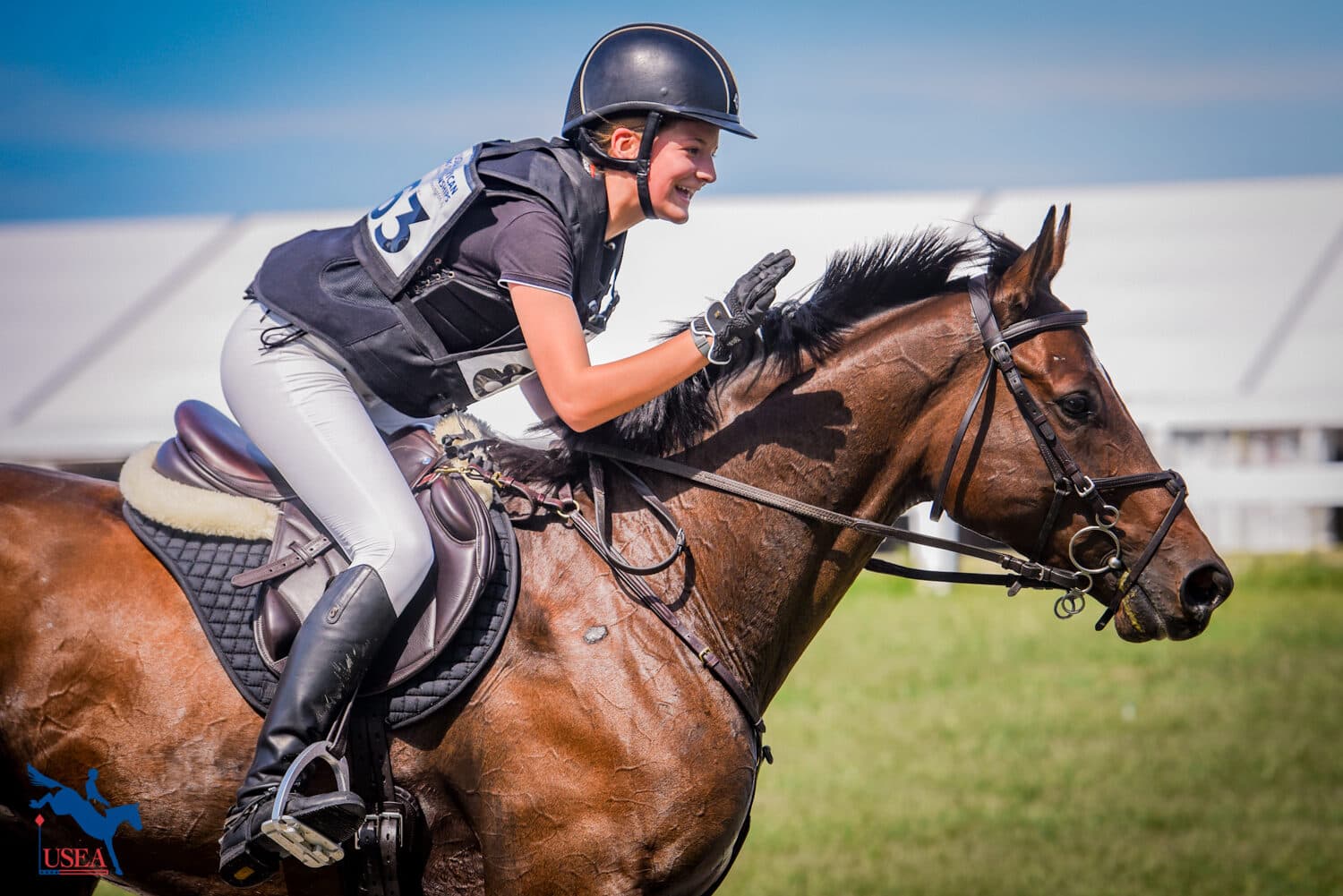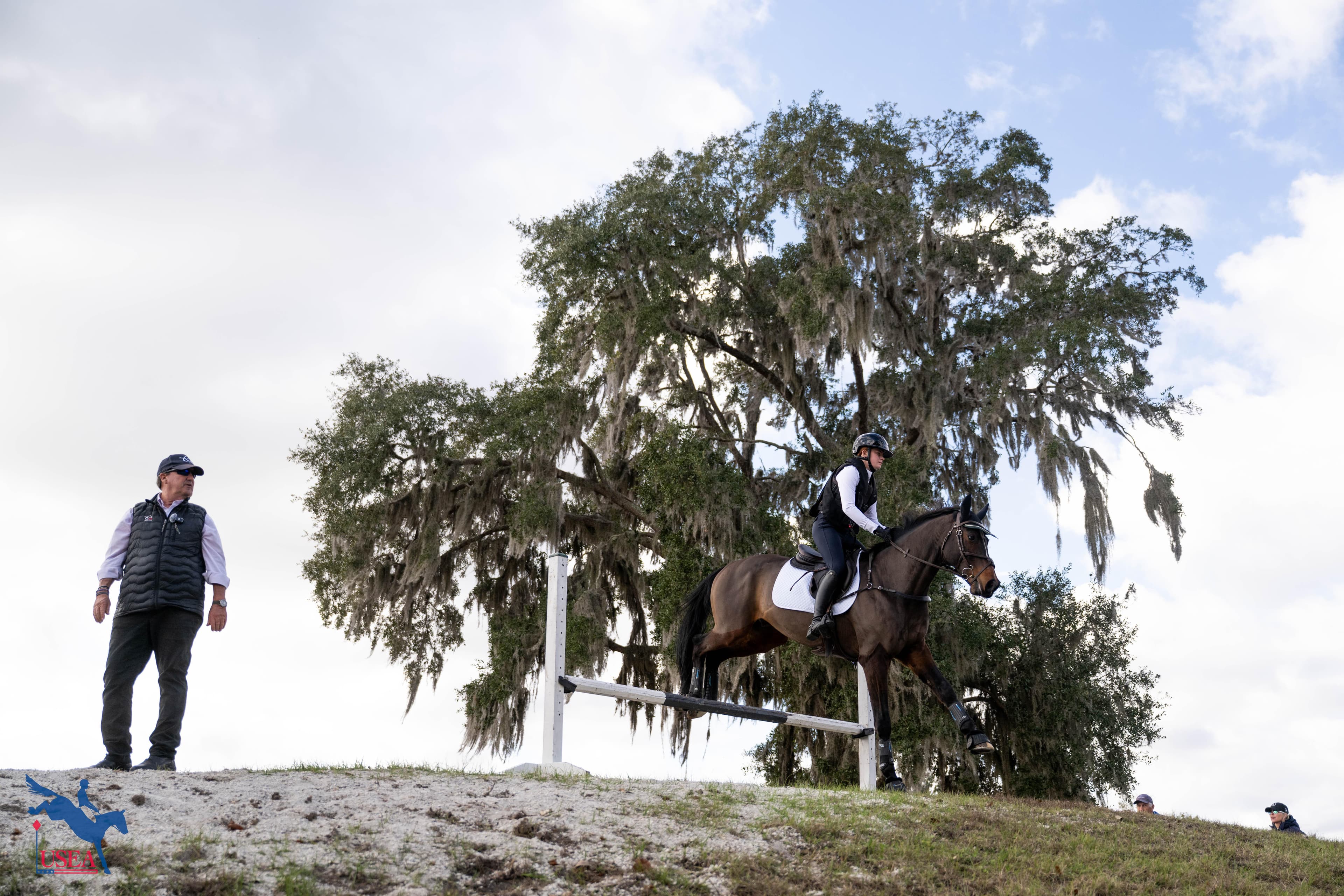Daniel Stewart's Tip of the Month: Your Ego is not Your Amigo

This month we’re going to begin a several-month series about defense and coping mechanisms. It’s common for these two terms to be used interchangeably, but they’re actually quite different. Coping mechanisms are mental strategies that resolve stressful events, while defense mechanisms are behaviors that attempt to avoid or hide from them.
Coping mechanisms are also called adaptive strategies because they help you adapt to challenging situations. Defense mechanisms are called ego-defenses because they function by making you avoid challenges so that you can protect a fragile ego. Unfortunately, ego-defenses distort reality, making you feel like the situation has improved but, in fact, it hasn’t. You might feel momentarily detached from it, but the underlying problem still remains.
A fragile ego can make you blame mistakes on others, repress troubling emotions (instead of sharing them with your trainer), and avoid pushing yourself outside your comfort zone. It’s also a major cause of fear of failure and perfectionism; so it goes without saying that your ego is definitely not always you amigo!
There are many different coping (good) and defense (evil) mechanisms. One of each is described for you below. In the coming months, I’ll introduce you to many more. Hopefully becoming mindful of the difference between adaptive strategies and ego defenses will help you to pick good over evil!
Coping Mechanism: Humility
Humble riders have something called positive-realism. They don’t think too highly of themselves, but they don’t think too poorly of themselves either. They make the best of a bad situation without losing their confidence, trying to avoid it, or looking for scapegoats. Humility allows them to create the “just right” amount of self-importance that helps them avoid developing an over-inflated, prideful sense of self-importance that can make them want to defend their fragile ego.
Defense Mechanism: Projection
Projection happens when you place uncomfortable thoughts or feelings onto someone else, or when you react to your own incorrect impulses as though they were happening to someone else. In this way, you project your own unacceptable feelings on to others; like when you dislike a judge but make yourself feel better by saying she doesn’t like you, or when you say something like, “I’m not the one who’s afraid of failure, you’re the one who’s the perfectionist!"
Riding is a tough sport requiring tough decisions made by tough athletes. Learn to be that tough rider by taking responsibility for every part of the ride (including the bad stuff) instead of projecting them onto someone else. Learn to believe that the good in you is capable of making a bad situation better!
I hope you enjoyed this month’s tip and that I’ll get the chance to teach you in one of my upcoming summer clinics. For more information on my clinics, or hosting one, please visit www.pressureproofacademy.com.














